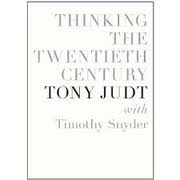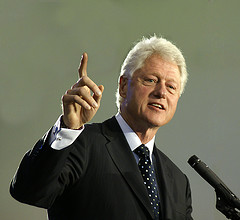
Reparations: What should happen at the end of empire?
While political theorists have long supported redistribution of economic benefits within states, many have denied global redistribution out of a state-centric theory. Reparations and their nexus to global justice have thus become a hot topic in the world of contemporary political theory. Dr Dan Butt’s recent presentation, ‘Reparations and the End of Empire’, at the Oxford Department of Politics and International Relation’s ‘Engagement of Theory Conference’, makes a cogent case for the connection between past and present actions on a moral level – leading to the necessity of reparation payments between states in a post-colonial world. In order to make such a claim, Butt’s wide-ranging presentation had some serious questions to answer. Who was harmed and who benefited from past injustices? Can mere involuntary receipt of benefits give rise to reparative responsibility? Can we ‘inherit’ responsibility from previous generations? If we pay reparations, do we pay them to survivors or their descendants?
Butt posits that there are three ways that the past connects with contemporary moral obligations: through (1) entitlement, (2) benefit and (3) responsibility. Entitlement is the most straightforward, but it is also limited in the sense that it is something tangible taken from another. It means that quite literally one has possession of property owed to another. Benefit consists of any benefits stemming from injustice, which could be automatic or direct, voluntary or involuntary. Lastly, responsibility is the active responsibility for an ongoing injustice in connection with another, ongoing failure to fulfill rectificatory duties over time.

Book Review: Tony Judt’s Thinking the Twentieth Century is a must-read for politics students
After publishing Postwar in 2005, a tour de force of European history since World War II, winning the Arthur Ross Book Award for best book in international affairs and numerous other awards, Tony Judt prepared to write an ambitious intellectual and cultural history of Twentieth Century social thought. A professor of European History at New York University (NYU), founder and director of the Erich Maria Remarque Institute at NYU, frequent contributor to The New York Review of Books, and public intellectual, Judt’s plan for his next book mothballed, as personal history intervened in the form of Amyotrophic Lateral Sclerosis (ALS), otherwise known as Lou Gehrig’s disease. By late 2008, Judt no longer had use of his hands. Two years later, …

The Comeback kid: a new American television documentary looks back at Bill Clinton’s life
The American Public Broadcasting Corporation’s (PBS) new installment of The American Experience: the Presidents is a biography of the 42nd President, William Jefferson Clinton, that feels more like a drama than history. Clinton paints a picture of a highly improbable president, born famously into impoverished circumstances in Hope, Arkansas, with a father who died before his birth and an alcoholic stepfather who beat his mother in front of the children. Consequently, Clinton threw all of his efforts into his studies, laboring to redeem and rescue his family, and substituting a broken home life for his ersatz, carefully managed public persona at school. Such a stratagem recurs throughout Clinton’s life: when situations become tough, Clinton pretends as though they are not happening. Unfortunately …










